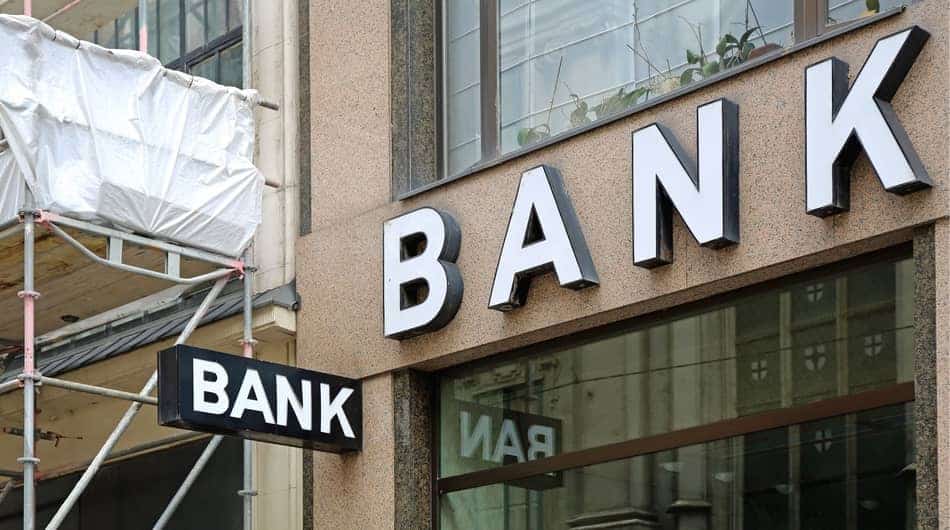
It doesn’t make any sense: when you pay for an item using your credit card, you log into your online banking app and see the charge as pending on your credit card almost instantaneously.
However, when you request a refund for that same product using the exact same credit card, you get the standard reply of “Your refund will post within 7-10 business days.”
But why?
Why do refunds take time? One reason is that merchants require time to verify the legitimacy of refund requests. This includes assessing the condition of returned goods to ensure the customer did not damage them before issuing a refund.
Although it seems a bit cynical, most businesses do not become profitable by giving back money every time a customer has a complaint. And as a result of this, some of the following reasons explain why credit card refunds seemingly take longer to post than credit card payments.
Merchants Want to Hold Funds as Long as Possible
To be a successful business, merchants must deploy capital as effectively as possible. As the old saying goes: “Put your money to work for you.”
Therefore, when merchants receive a payment, they are unlikely to leave it sitting in a pool waiting to issue a refund. Rather, they will put that revenue to work, either by paying the rent, employee salaries, or investing in growth opportunities.
Now, there are times when a business is legally bound to issue the refund, and they will be required to come up with the funds, whether they have already put those funds to work or not. Even in this case though, merchants will still want to delay the refund process as long as possible for several reasons.
Merchants Want to Make Sure They Get Their Item Back

Merchants will not ship an item until they have received payment, which is one reason why credit card payments start processing as soon as possible. On the same token, the merchant will not offer a refund until they get their item back and ensure that it is in good working condition.
This will take some time, but as you can imagine, it’s a necessary step in ensuring that the merchant has the opportunity to replace the revenue that they’re losing by refunding your sale.
For refunds for services that have been paid for in advance, such as flights, concert tickets, or hotel stays, delays in the refund process are often due to vendors looking for acts of fraud, as it is common for people to request refunds on cards that were not used for the purchase, or for tickets that never actually existed.
Merchants Want to Give You the Chance to Change Your Mind
While businesses issue refunds to ensure customer satisfaction, the bottom line is that it is in the business’s best interest to keep your payment and see you on your merry way.

As people are notoriously fickle and impatient, merchants would be in a never-ending cycle of payments and refunds if refunds were posted to credit cards instantaneously.
Merchants can play on this fickle nature by requiring refund requests to wait “7-10 business days” before posting to the credit card. When a customer’s funds are not readily available to be used again, they may ultimately decide to just stick with the transaction, which is a business’s ideal situation.
There May be Fees Associated with Refunding
Businesses are required to pay processing fees for credit card transactions, with fees as low as 1.29% per swipe for Visa and up to 3.30% for American Express.

In some cases, this processing fee is not returned for a refunded transaction, meaning that the businesses essentially lose money by refunding purchases. As a result, a business will want to wait as long as possible to ensure that there is no other recourse before issuing the refund.
That’s just how it works, businesses lose money from refunds, so they are going to do whatever it takes to avoid issuing them while at the same time balancing customer satisfaction levels.
Disputes Often End Up Getting Abandoned
Each merchant has its own refund policy. Some will actually issue refunds within 24 hours, while some companies, such as Nike, give themselves up to 30 days to issue the refund on their end, not including the amount of time it takes your bank to process the refund.

At the end of day, you always have to value your time vs the amount of money you’re even going get back, is it worth it to you? Depending on the cost of the item, it might be, but it also might not be.
When companies have such lengthy refund periods, they are often hopeful that you will file a dispute with your credit card company. These disputes often take months to resolve, with the filer required to regularly take specific actions for the case to remain open.
Some requests become void when the filer fails to meet deadlines. Or the filer may realize that the whole process is more hassle than it is worth, leading to the abandonment of the claim and allowing the merchant to keep the revenue.
Merchants Lose All Control After a Refund is Settled

While the merchant has your funds, it still maintains control of the transaction. However, the second that your funds are posted back to your credit card statement, the merchant loses the power in the relationship.
For example, if a refund request were not legitimate and the merchant was being defrauded, the only way it could get the money back is by taking legal action.
Therefore, it is in the merchant’s best interest to slow down refunds as much as possible to be sure that all boxes are properly checked.
The Refund Process Inherently Takes Time
Even in situations where the merchant is not leveraging your refund request to try and create a more favorable situation for itself, the refund process will inherently take time.
Hey, good things just take time!
As I was saying, there are several steps are involved before a refund will post to your credit card:
- The merchant has to tell the credit card processing company to reverse the charge.
- The processing company then informs the credit card company.
- The credit card company informs the bank.
- The bank issues funds to the credit card company.
Considering that each of these steps will take at least one business day, even a best-case refund scenario will see a wait time of at least four days from the time the refund is requested.
The Bank May Be Slowing Things Down
The bank plays an important role in facilitating the transaction between your credit card company and the merchant.
When you make a purchase, it often appears as a pending transaction, in which you release the funds to your bank, which holds the funds until payment is requested from the merchant’s financial institutions. In this pending period, the bank can deploy your funds to accumulate interest for itself.
The same is true in a refund scenario.

When a merchant authorizes a refund to your bank, the bank does not have to release those funds to your credit card until a specified time, usually 2-5 days. During this time, the bank is generating interest on the refunded amount.
Therefore, the combination of the merchant’s own processing period, along with the period in which the bank is legally allowed to hold your funds, can make the waiting period longer than desired when waiting for a credit card refund.
Conclusion
When paying with a credit card, the transaction shows up as pending the second your card is swiped.
However, when a refund is issued, nothing ever gets posted to your credit card statement until days after the request has been made.
While this is mostly due to the merchant’s motivation to keep your funds as long as possible, other factors, such as the refund process being inherently time-consuming and the bank slowing the refund down to collect interest, all contribute to credit card refunds taking longer than desired.
In saying all of this, unless you’re doing something fishy, you’ll get your refund. Reputable merchants won’t want to damage their reputation over a refund policy, so just be patient.
Thanks for reading, as I always, I hope you found what you were looking for.
Geek out.






